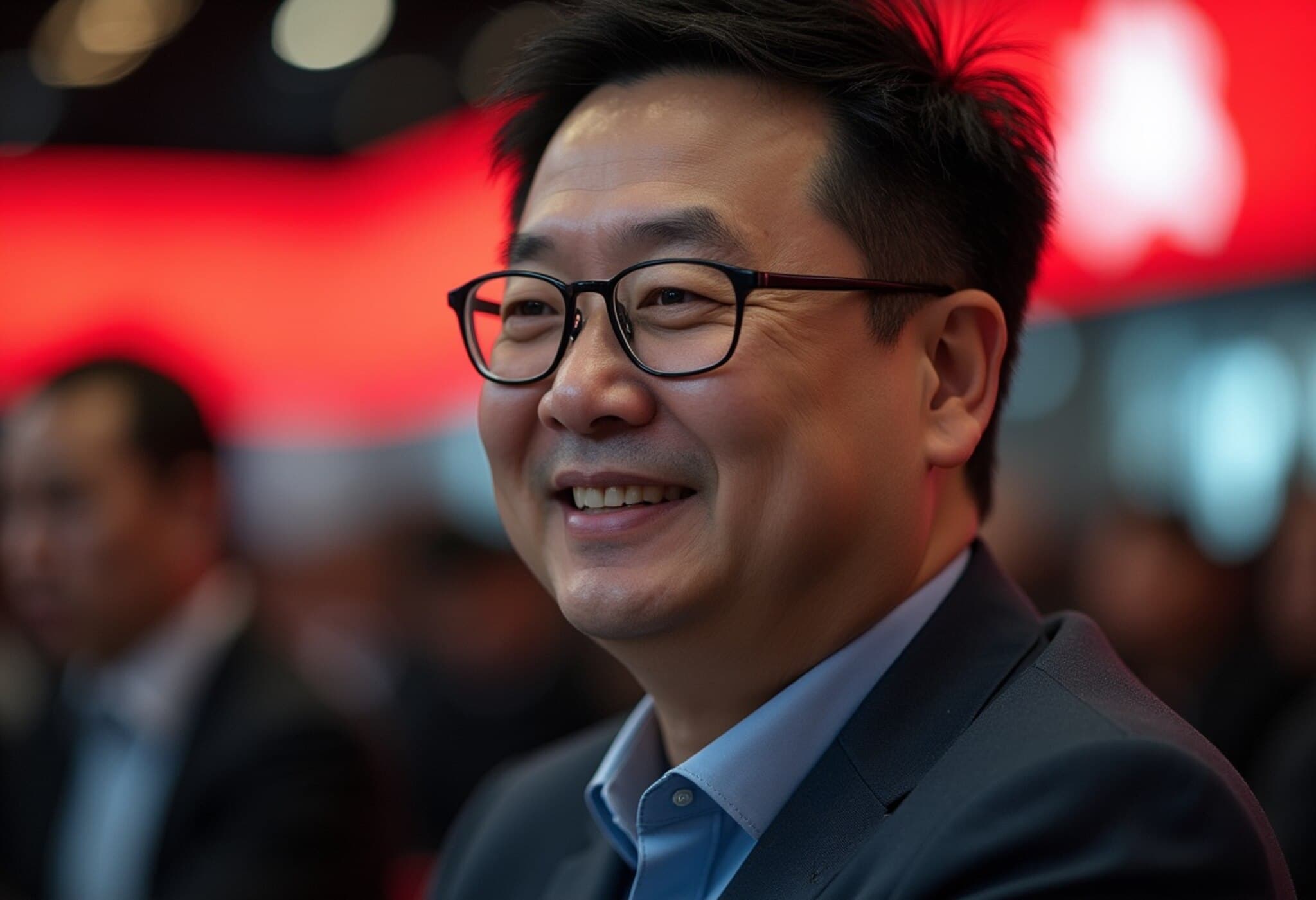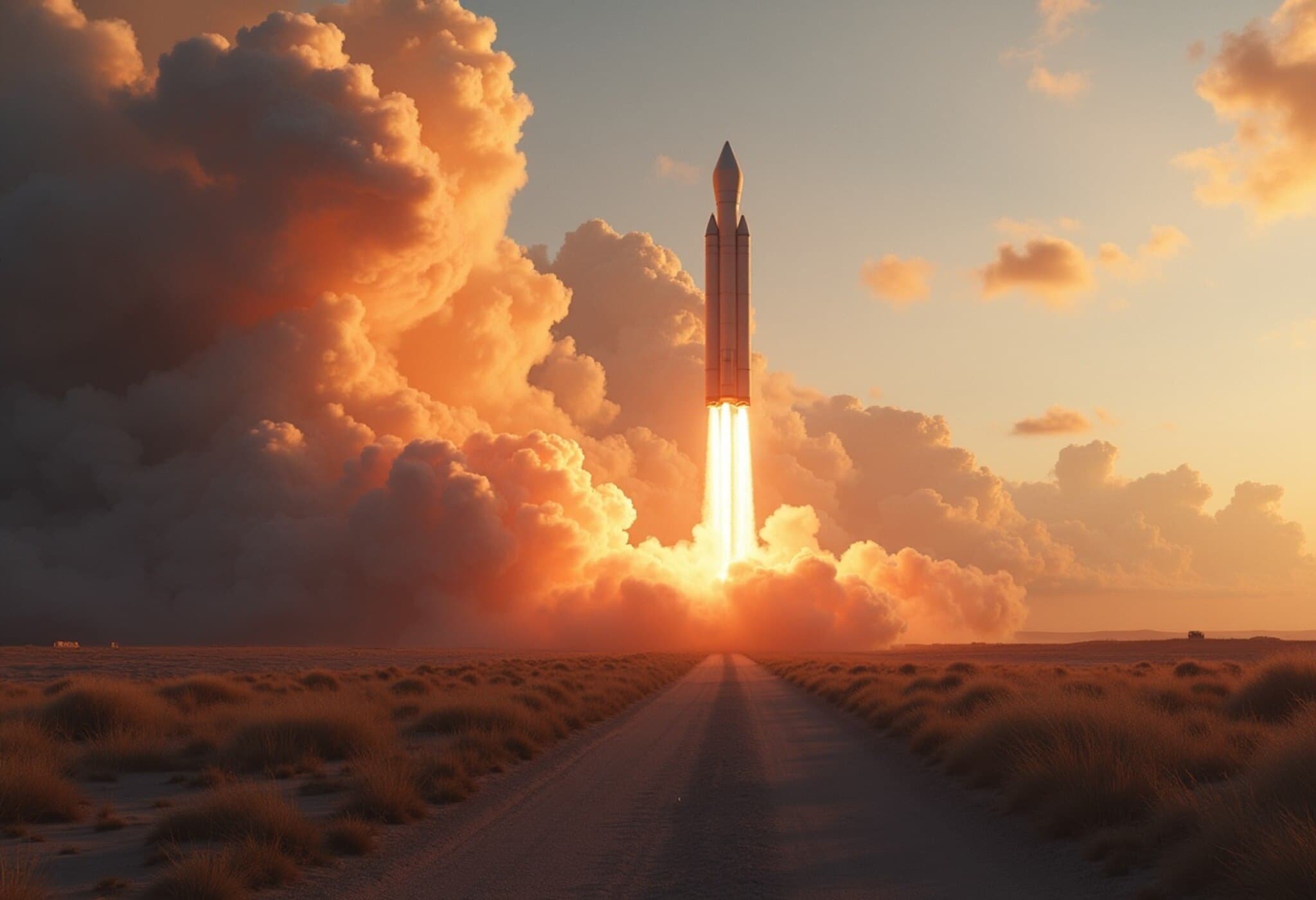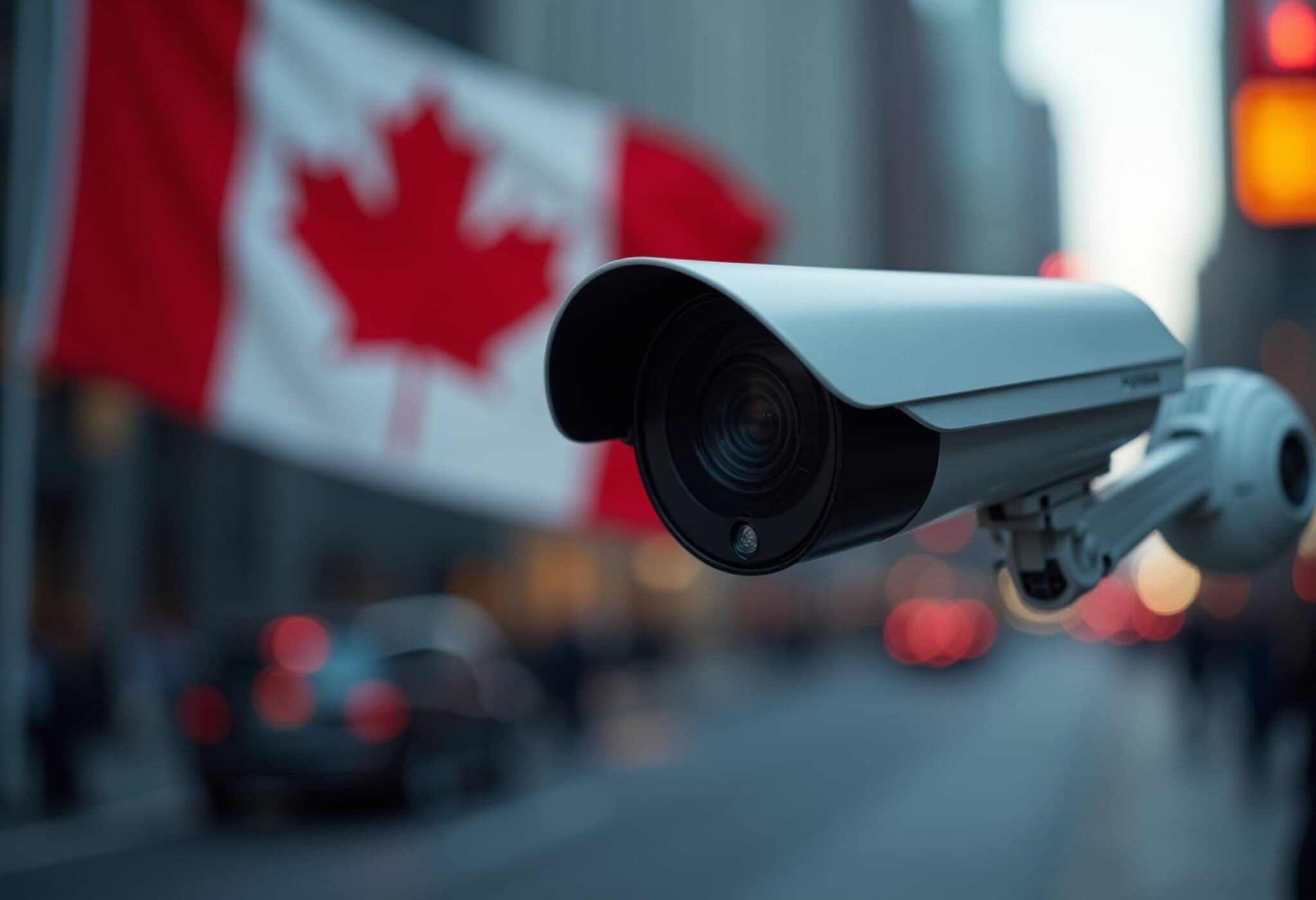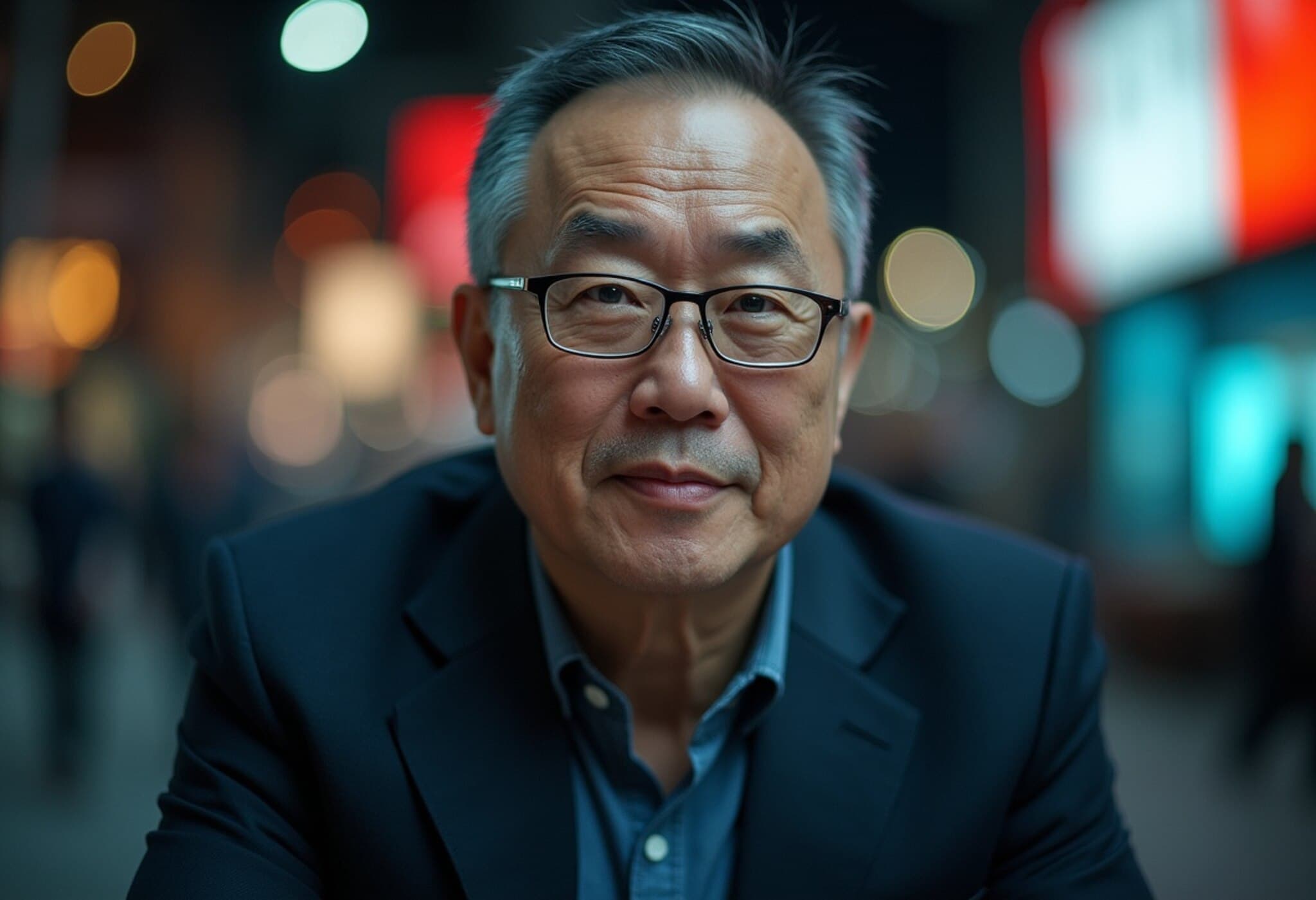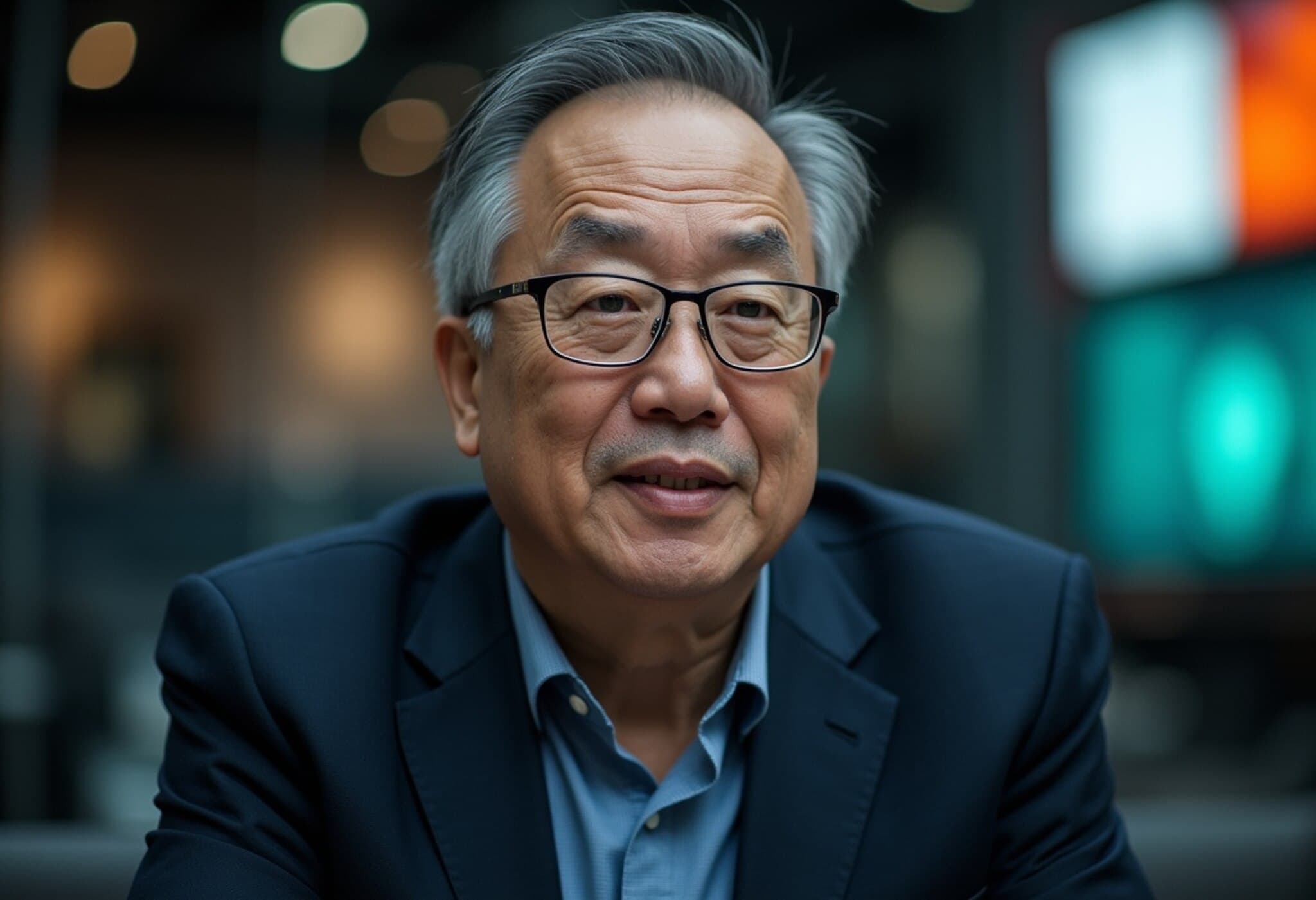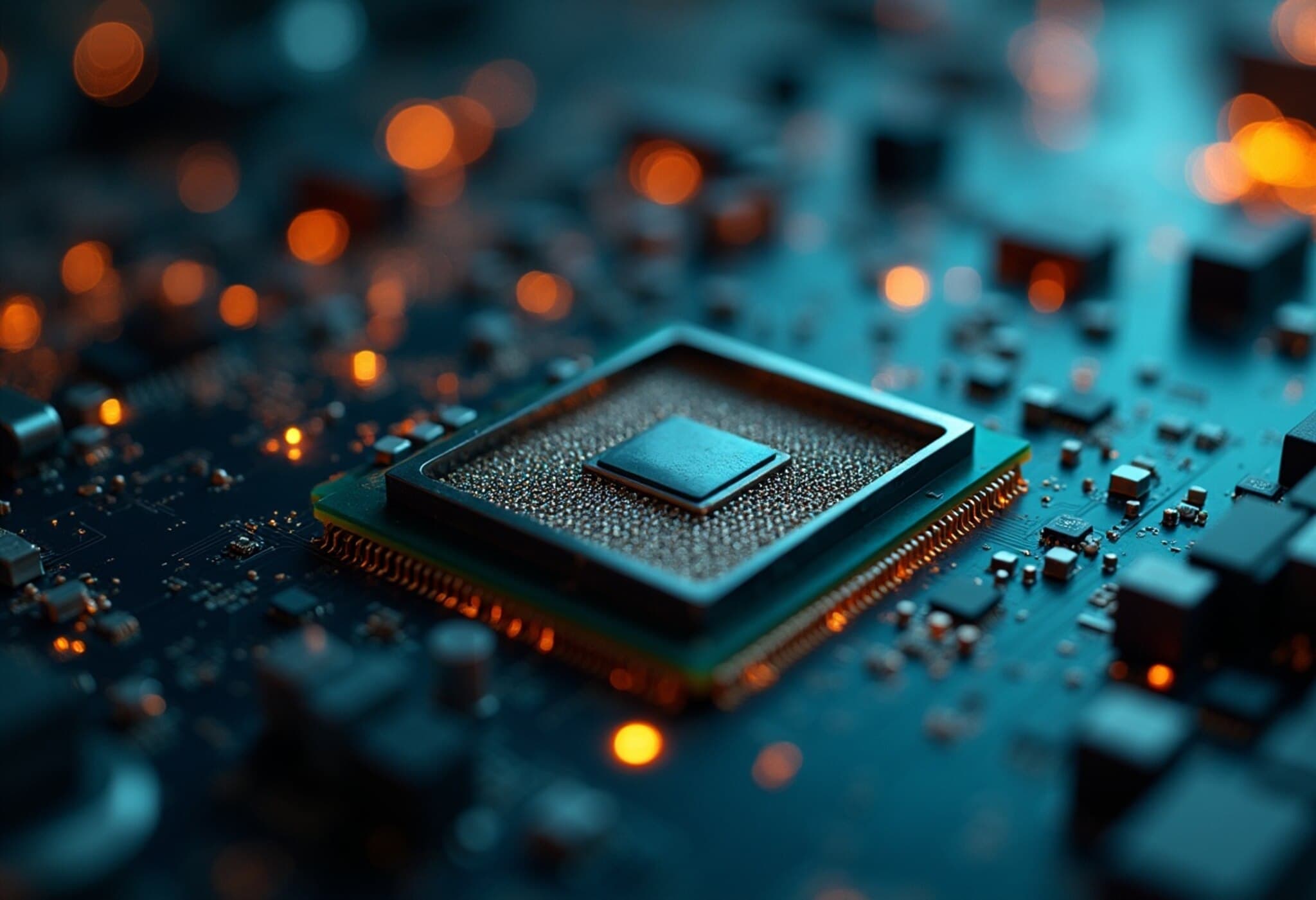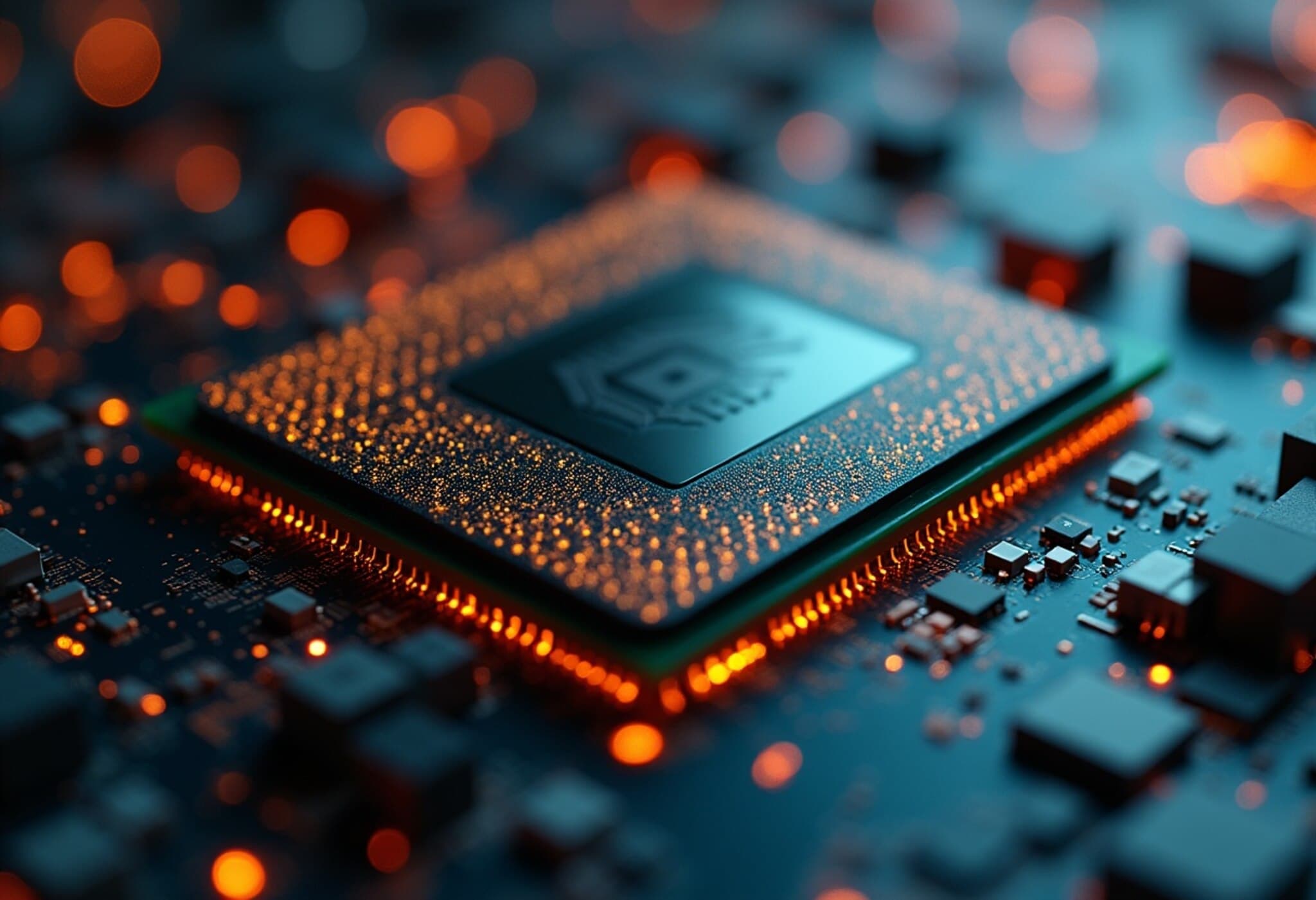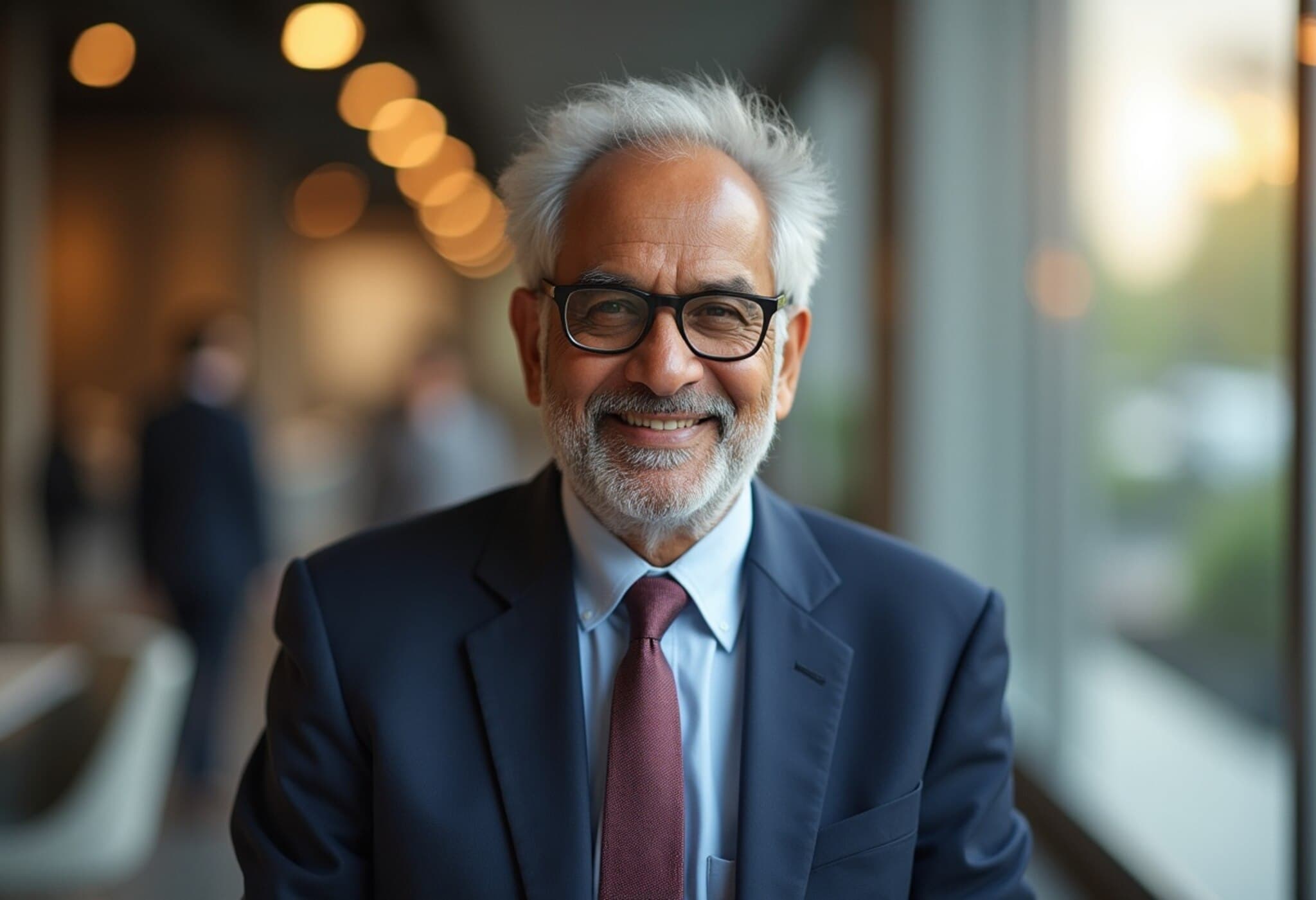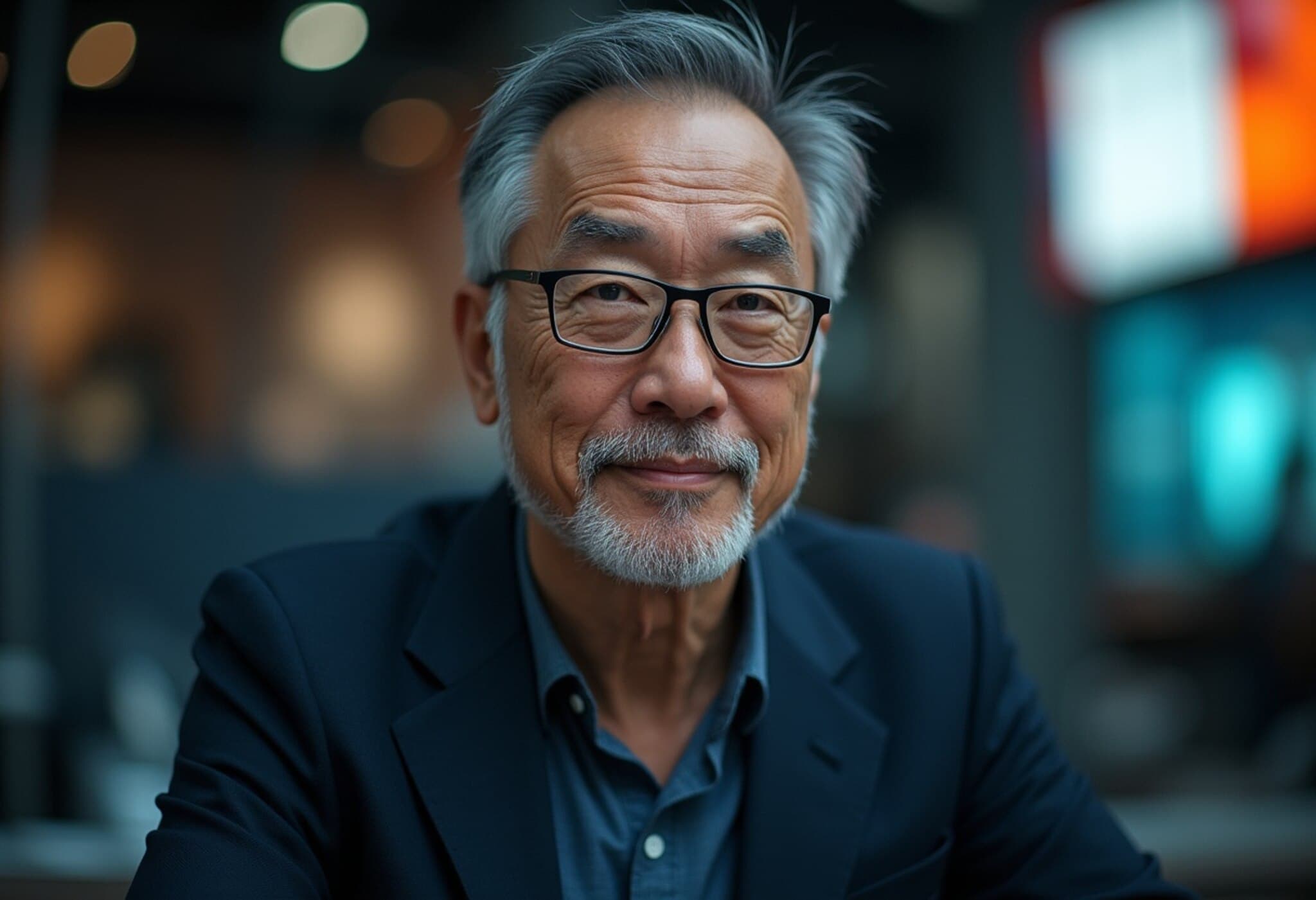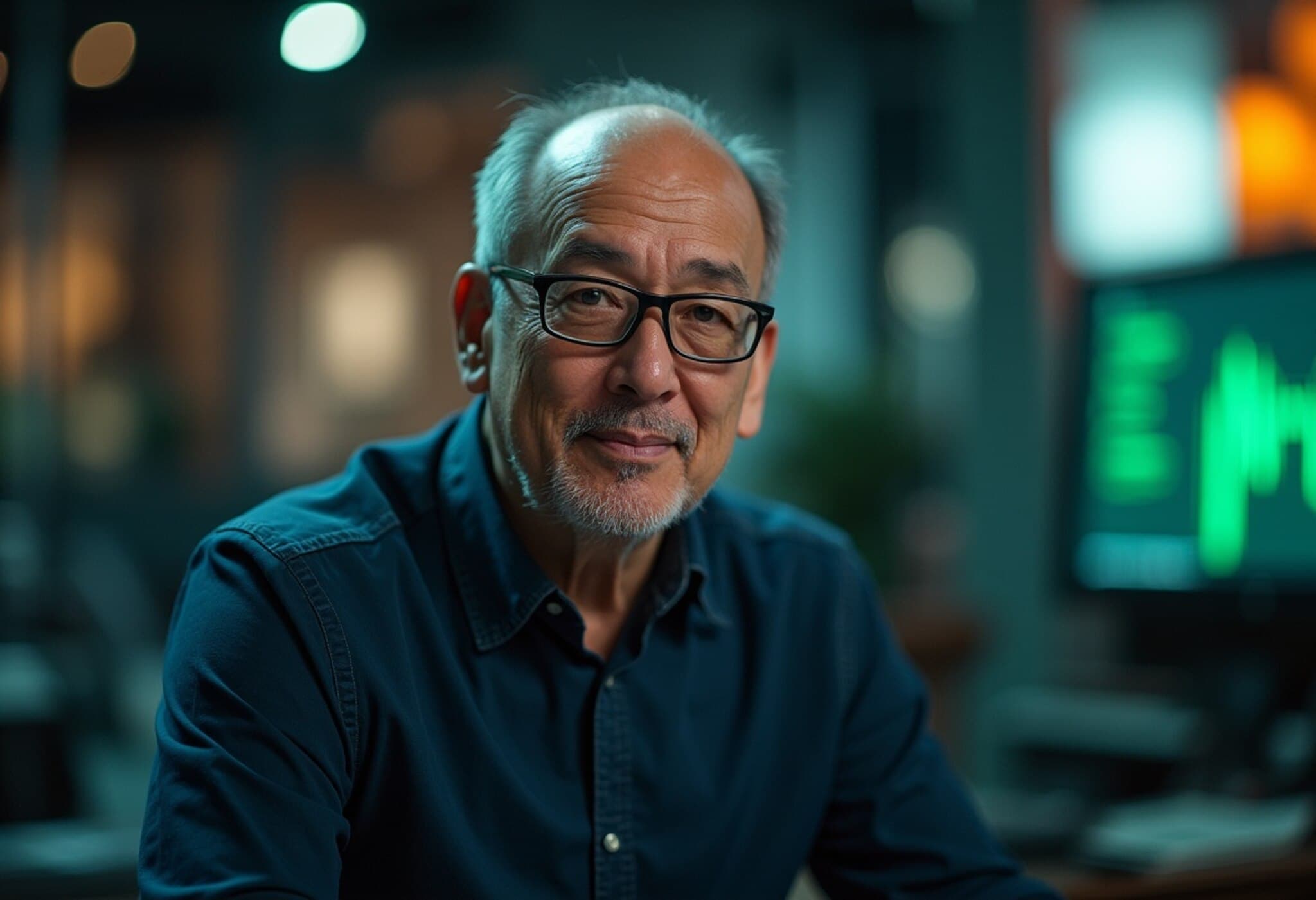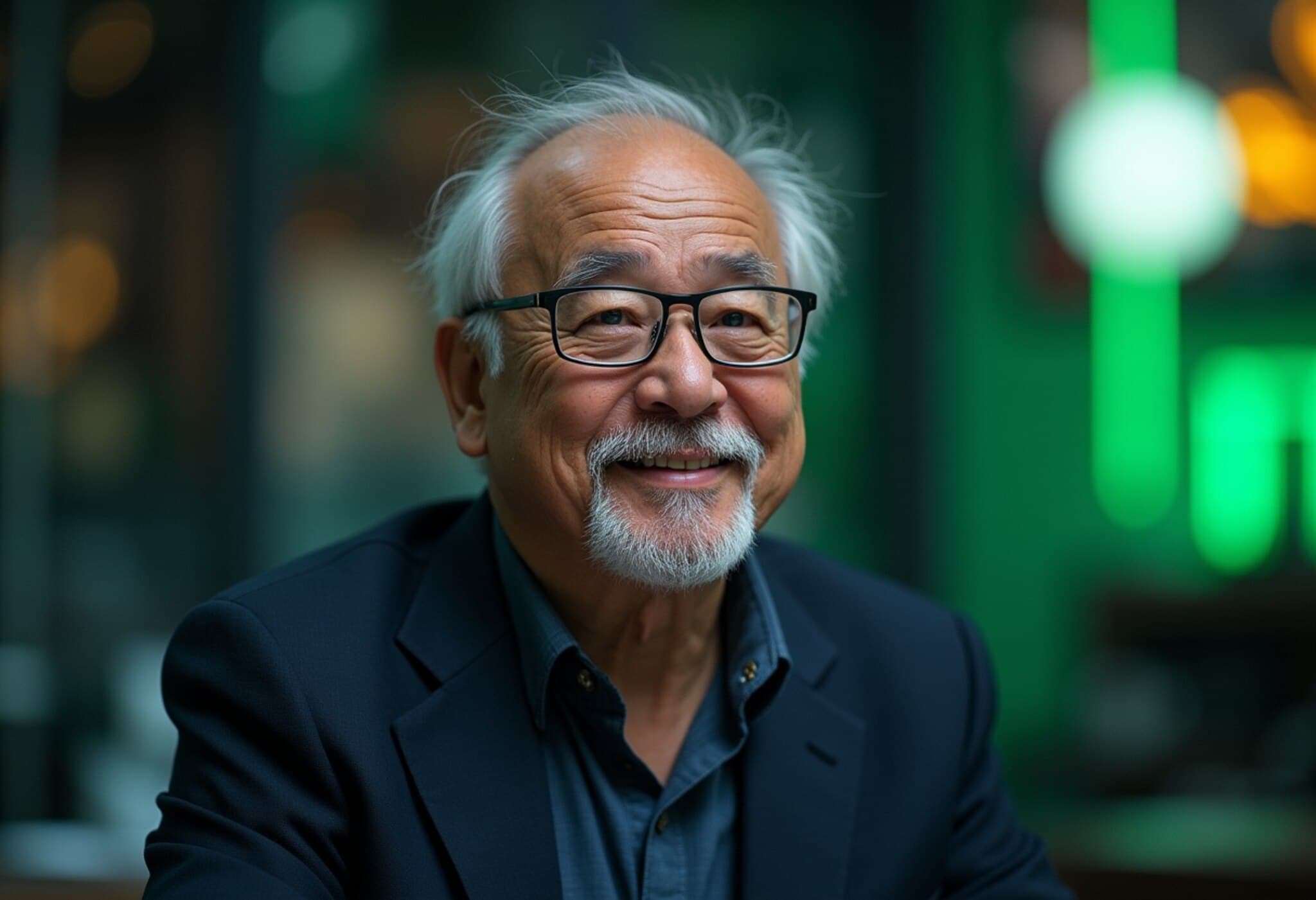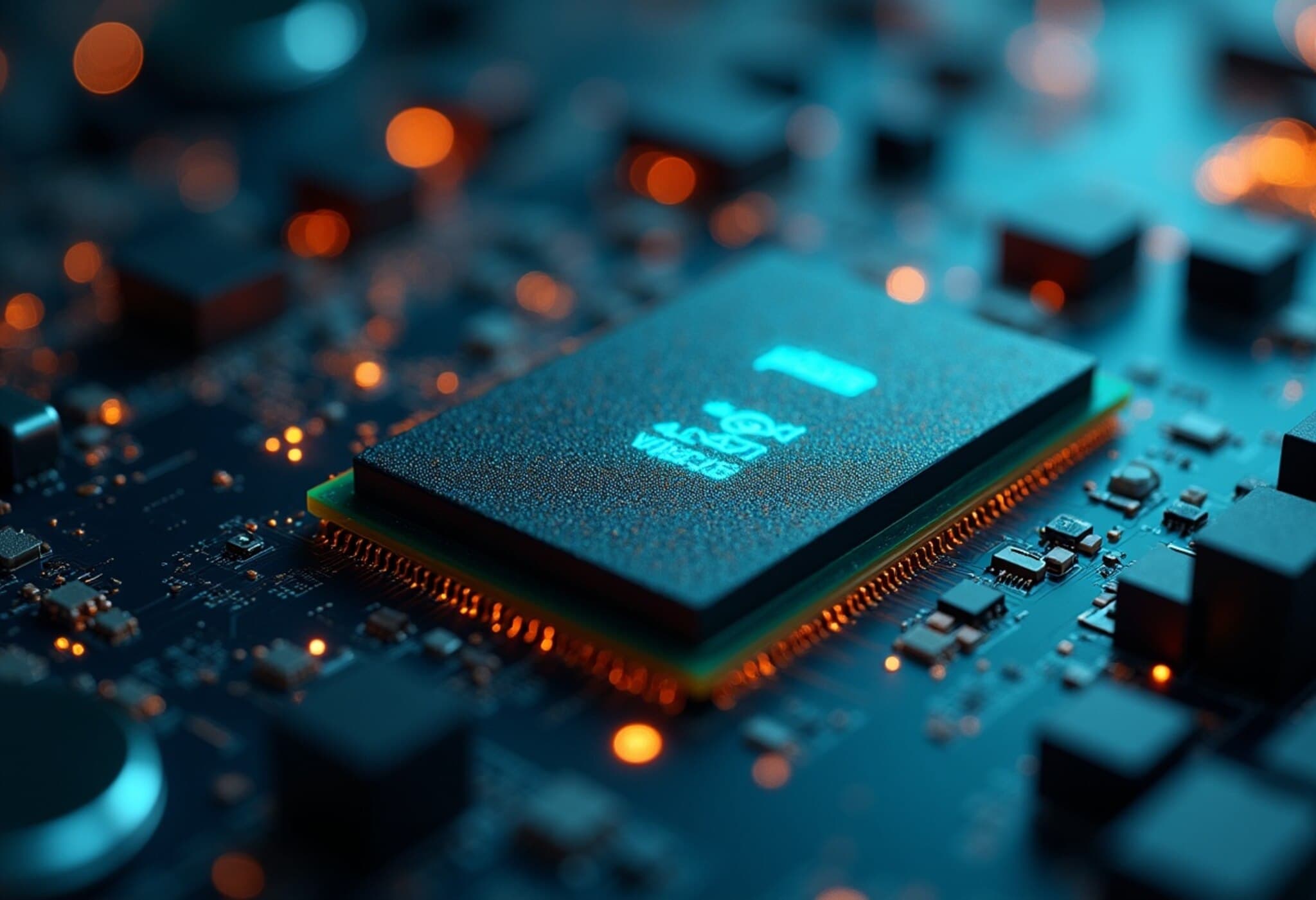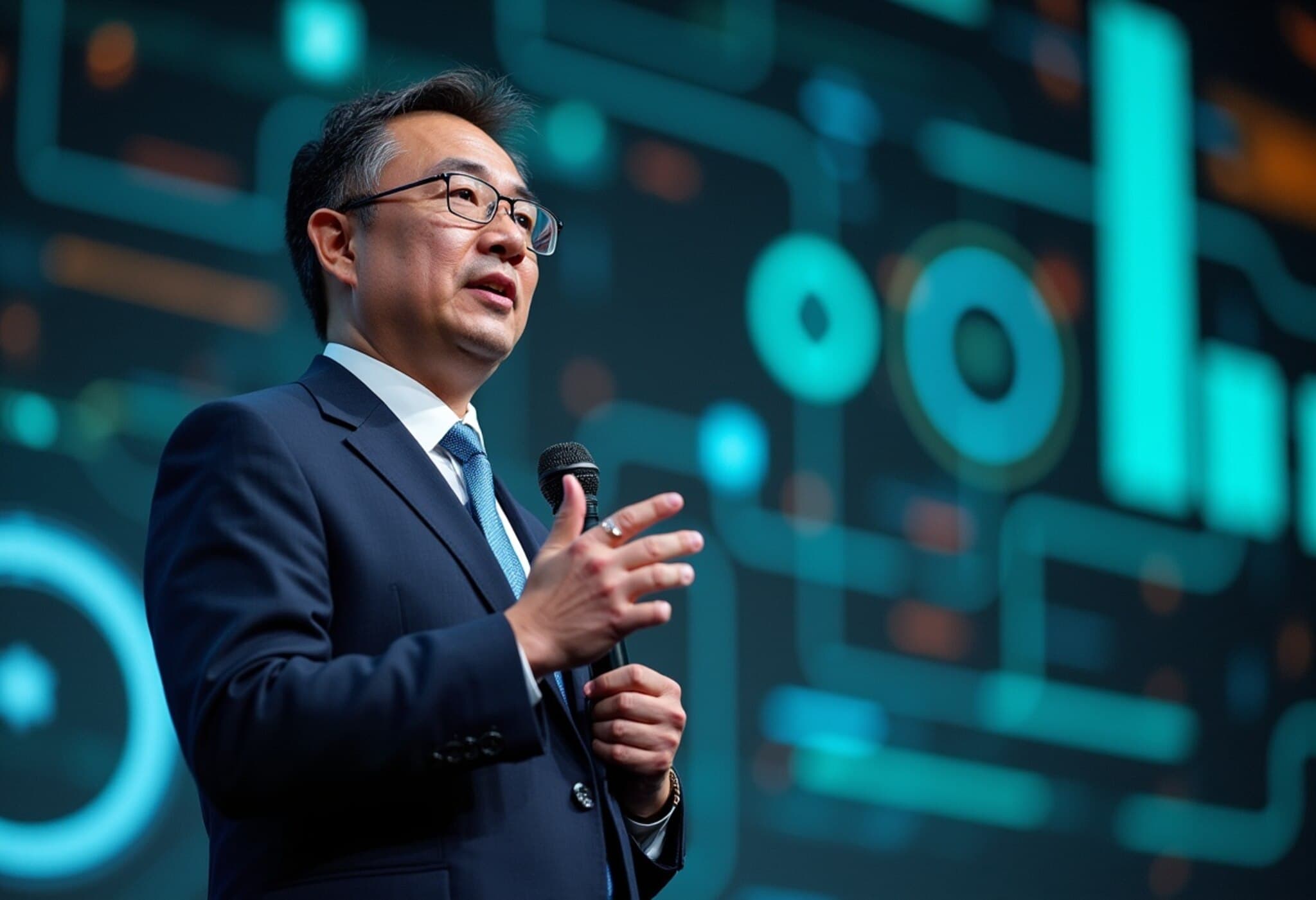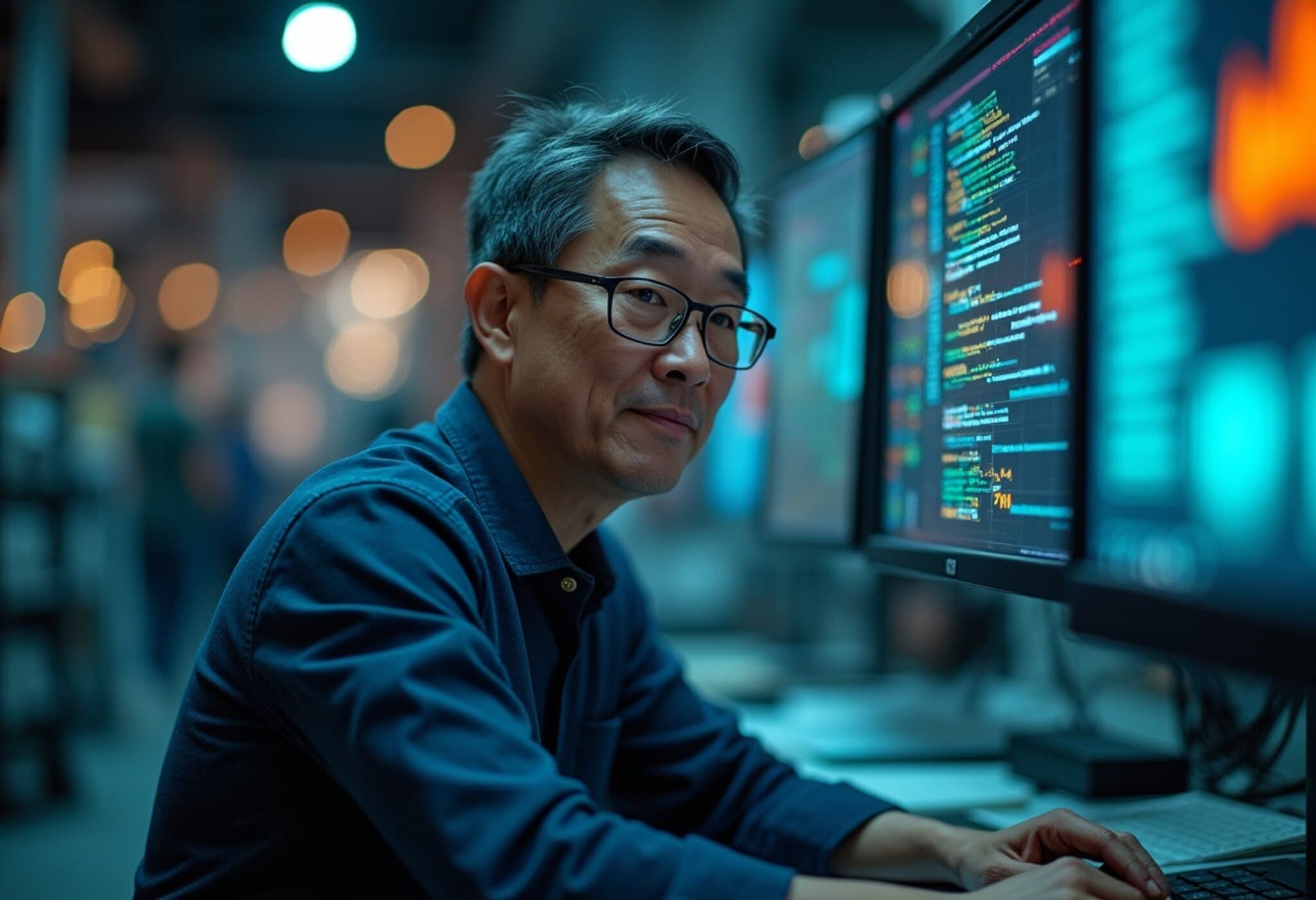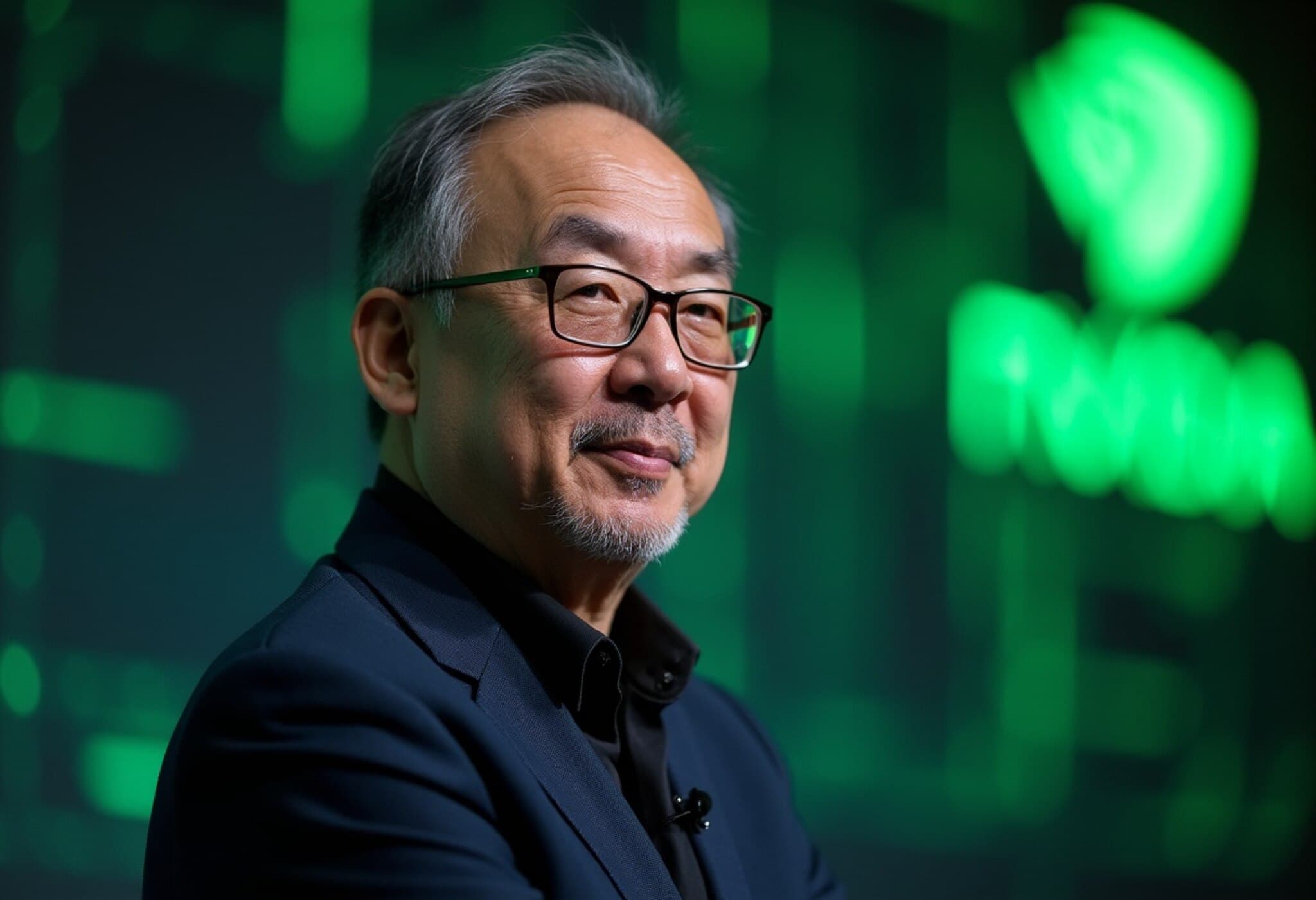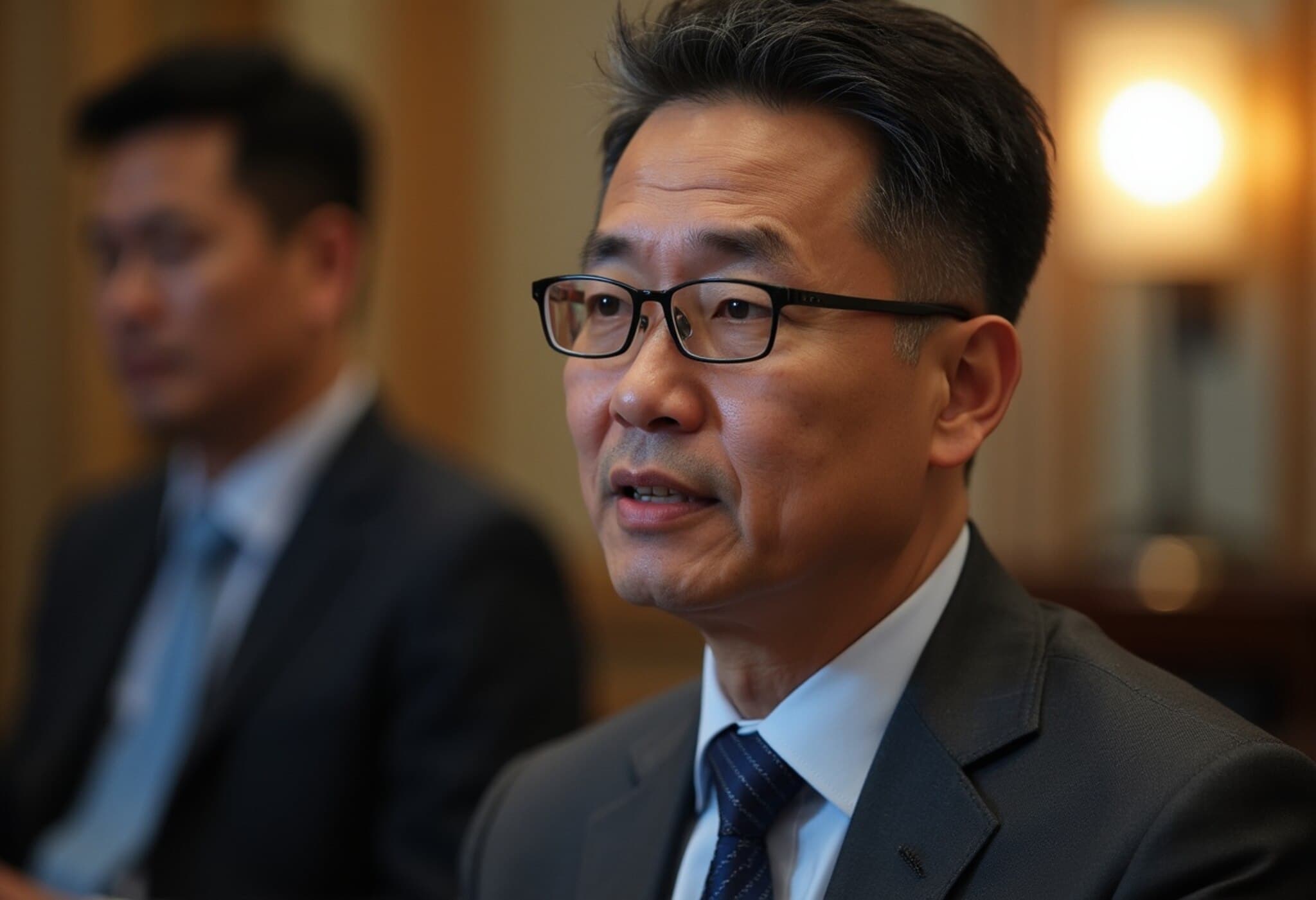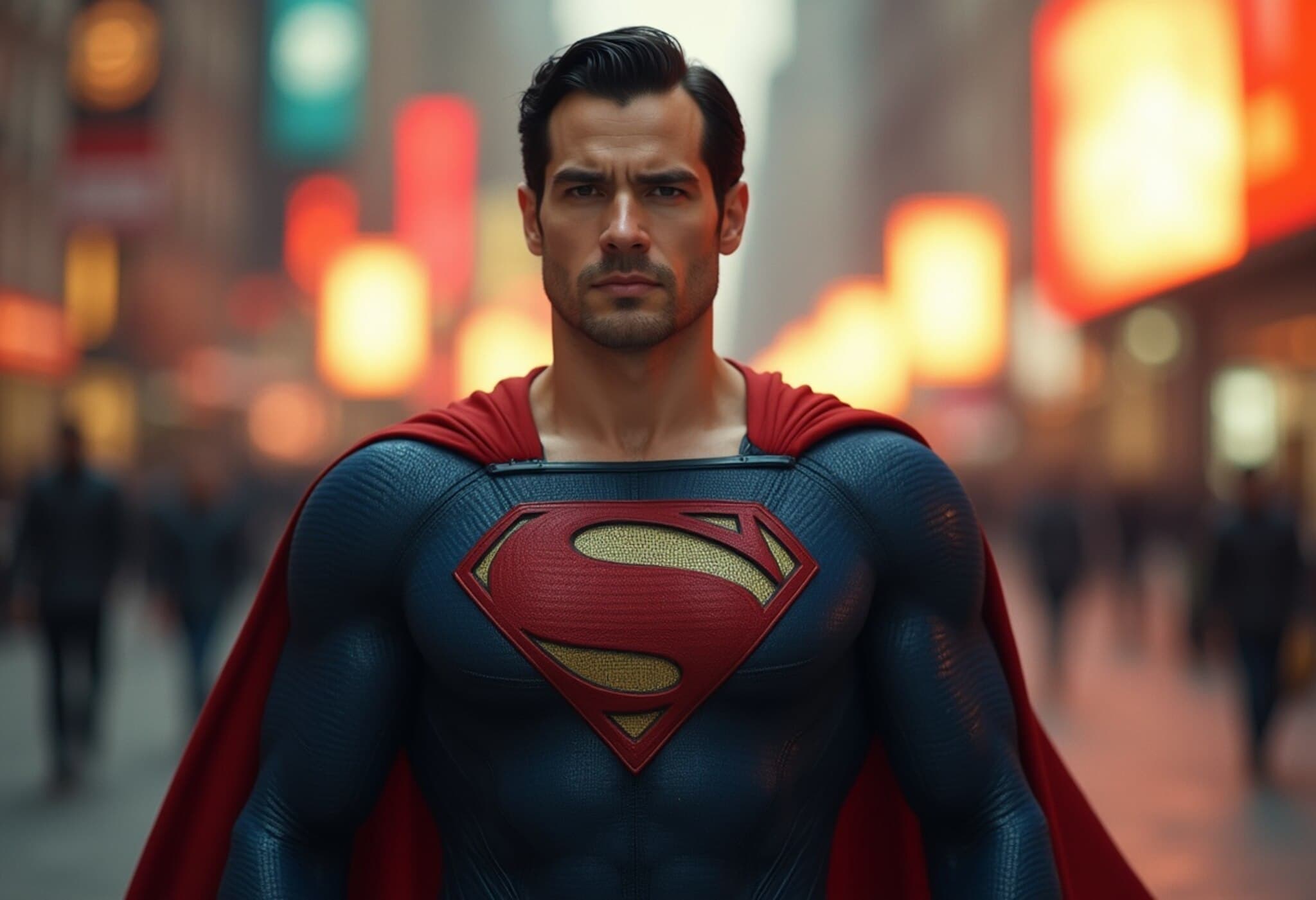Nvidia CEO Jensen Huang: The Unlikely Bridge in US-China Tech Relations
Amid intensifying geopolitical tensions and an ongoing trade standoff between the United States and China, Nvidia CEO Jensen Huang has quietly stepped into a pivotal role as a behind-the-scenes mediator, helping to ease strains in one of today’s most critical sectors: technology.
From Silicon Valley to Diplomatic Frontlines
While former Tesla CEO Elon Musk and Apple’s Tim Cook have seen their rapport with the Trump administration wane over political disagreements and policy conflicts, Huang has increasingly positioned himself as a trusted conduit between Washington and Beijing.
Publicly, the US-China relationship remains fraught with challenges — from tariffs and trade restrictions to broader geopolitical rivalry. Yet Huang’s nuanced approach, combining savvy diplomacy with deep technical expertise, has allowed him to make significant inroads. His efforts gained notable attention when he successfully advocated for lifting restrictions on Nvidia’s H100 AI chips to China, a move vital to the global semiconductor supply chain.
A Diplomatic Dance: Navigating the Complex US-China Tech Landscape
Huang’s third visit to China this year signals his commitment to maintaining open channels of communication. His fluency in Mandarin and appreciation for Chinese culture enable him to engage authentically with Chinese counterparts, a rarity among American tech leaders. Despite his Taiwanese heritage — a sensitive factor in US-China relations — Huang has adeptly avoided political friction, choosing diplomacy over controversy.
- Huang maintains strategic alliances within the Trump administration, cultivating relationships with senior officials like David Sacks, Trump’s AI czar.
- He has pledged a substantial $500 billion investment in the United States, underlining his commitment to domestic economic growth.
- His balanced approach benefits Nvidia’s global ambitions while subtly underpinning broader efforts to stabilize US-China trade tensions.
Contrasting Fortunes: Huang’s Rise Amid Musk and Cook’s Waning Influence
Unlike Huang, Elon Musk and Tim Cook have encountered increasing friction with the Trump administration. Musk’s public political clashes and Cook’s challenges related to Apple’s overseas manufacturing footprint have cooled their standing.
Notably, Trump has threatened to levy a 25% tariff on Apple products assembled abroad, including in India, which currently accounts for roughly 15-20% of iPhone production and may rise to 25-30% by 2027. This stance underscores the administration’s push for reshoring manufacturing but also complicates supply chain dynamics for Apple.
Implications for Technology, Trade, and Global Diplomacy
The evolving role of tech CEOs like Jensen Huang in navigating geopolitical tensions highlights the increasing intersection of technology leadership and global diplomacy. Huang’s discreet yet impactful engagement suggests that corporate leaders can serve as informal ambassadors, helping to bridge political divides through the language of innovation and commerce.
As US-China relations remain precarious, the question emerges: Will more tech executives embrace this diplomatic mantle, and how might their roles reshape future trade policies and international cooperation?
Editor’s Note
Jensen Huang’s emergence as a behind-the-scenes liaison in US-China tech relations exemplifies the expanding responsibilities of corporate leaders in geopolitics. This development invites us to ponder the blurred lines between business strategy and diplomatic engagement, especially in sectors where technology is both a competitive asset and a unifying platform. Readers should watch closely how such corporate diplomacy impacts the broader economic and political landscape moving forward.

